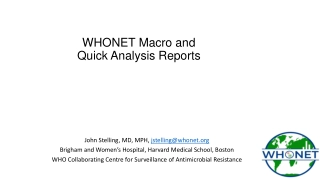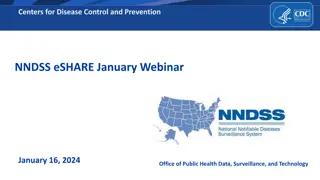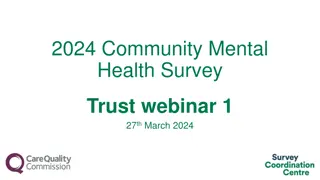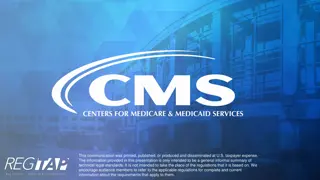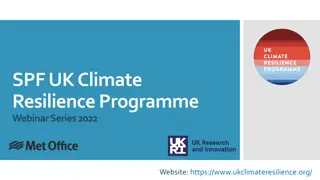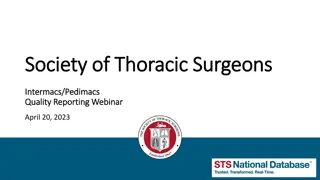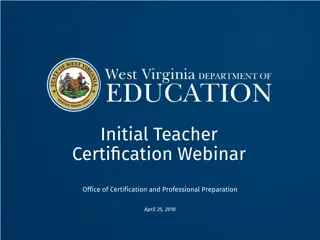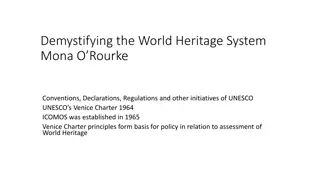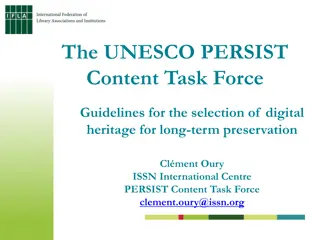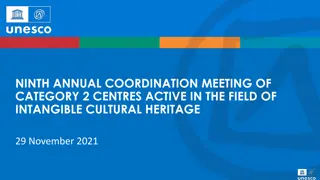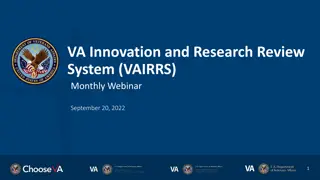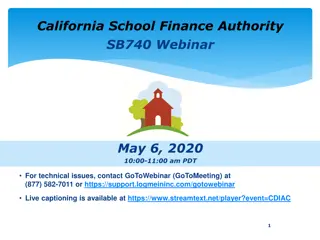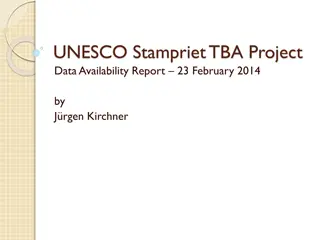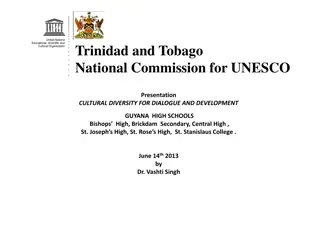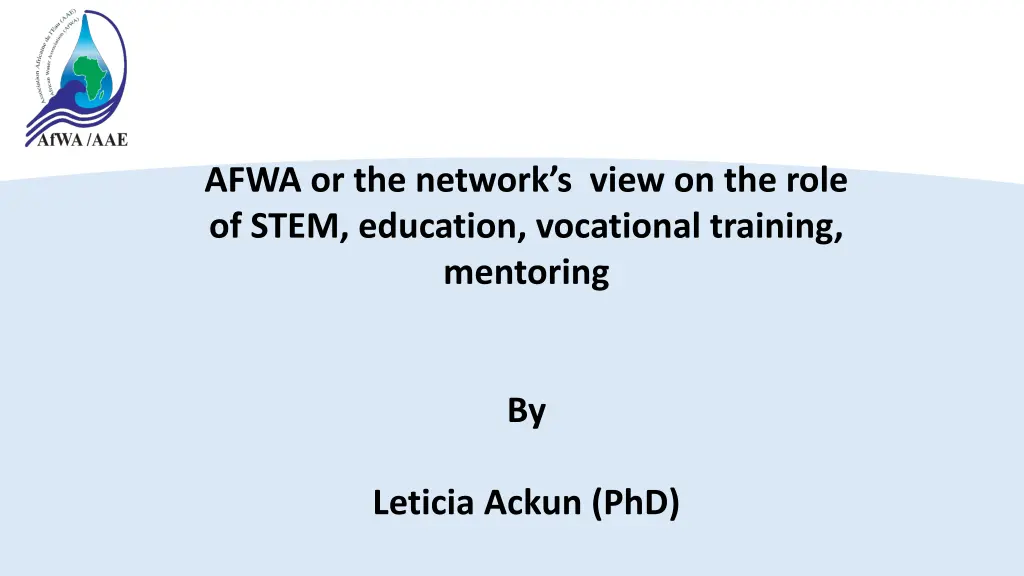
Addressing Women's Under-representation in WASH Sector
Discover the challenges women face in the WASH sector, such as under-representation in decision-making roles and recruitment obstacles. Learn about initiatives to attract, retain, and advance women in WASH through mentoring, training, and entrepreneurial support. Explore the benefits of increasing women's professional involvement in WASH for economic advancement and gender equality.
Download Presentation

Please find below an Image/Link to download the presentation.
The content on the website is provided AS IS for your information and personal use only. It may not be sold, licensed, or shared on other websites without obtaining consent from the author. If you encounter any issues during the download, it is possible that the publisher has removed the file from their server.
You are allowed to download the files provided on this website for personal or commercial use, subject to the condition that they are used lawfully. All files are the property of their respective owners.
The content on the website is provided AS IS for your information and personal use only. It may not be sold, licensed, or shared on other websites without obtaining consent from the author.
E N D
Presentation Transcript
AFWA or the networks view on the role of STEM, education, vocational training, mentoring By Leticia Ackun (PhD)
Womens Participation: A Challenge and Opportunity Women (and girls) are most affected by poor water and sanitation but are under-represented in key decision-making positions and in the sector broadly as reported by a 2018-2019 World Bank study. In 64 water utilities women representation was Workers Engineers & Managers 32% of utilities had no female Engineers 12% of utilities had no female Managers 18% 23%
Why are women so under-represented in WASH? Attraction challenges: Gender Roles marked through social norms; Divisions of labor; STEM; limited role models Recruitment challenges: Discriminatory hiring processes and targeting candidates Retention Challenges: Work life balance; family friendly policies; sexual harassment, work facilities Advancement Challenges: Training; mentorship opportunities; leadership opportunities
What Can be done to address these challenges? RECRUITMENT ATTRACTION RETENTION ADVANCEMENT Set up networks to change the narrative on women in WASH Create a platform for women working in WASH Undertake baseline on women in WASH to Understand their needs for growth in the sector Use findings to inform action and policy within and outside the network Implement mentoring program for women and girls Enhance visibility of women in international and national fora Identify and promote girls in WASH Identify and support women WASH entrepreneurs Promote girls TVET/STEM training in WASH
The Imperative for Increasing Womens Professional Involvement in WASH Women benefit from better jobs and incomes which in turn benefits households and communities Greater organizational outcomes due to gender diversity and expanded skills sets leading to greater innovation Greater customer satisfaction due to improved considerations of the needs of female customers Greater gender equality contributing to economic advancement It could add $316b to Africa s GDP by 2025
What Should Networks be Aiming to Achieve? More women in leadership roles in WASH through personal and group effort Women led WASH businesses increasing and growing through access to finance and technical support More women and girls attending WASH related trainings Women led WASH activities at community level Greater visibility of women at local and international levels to enhance their participation in policy and technical design
Some activities carried out by the Womens Network Capacity building of members in different fields Advocacy / community outreach programmes Participation in initiatives for the girl child/partnership with schools Proposals for funding Mentorship and coaching Commemoration of international and sector day celebration
Advocacy / community outreach programmes in schools Message du r seau des Femmes Professionnelles du Secteur EAH du Ghana aux l ves : quot;la menstruation ne devrait pas vous freinerquot;

